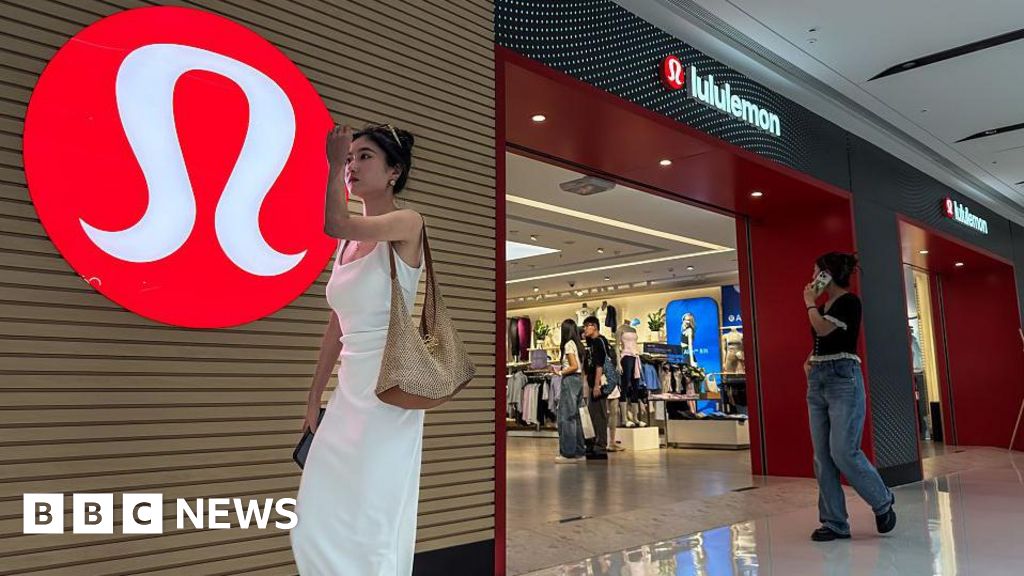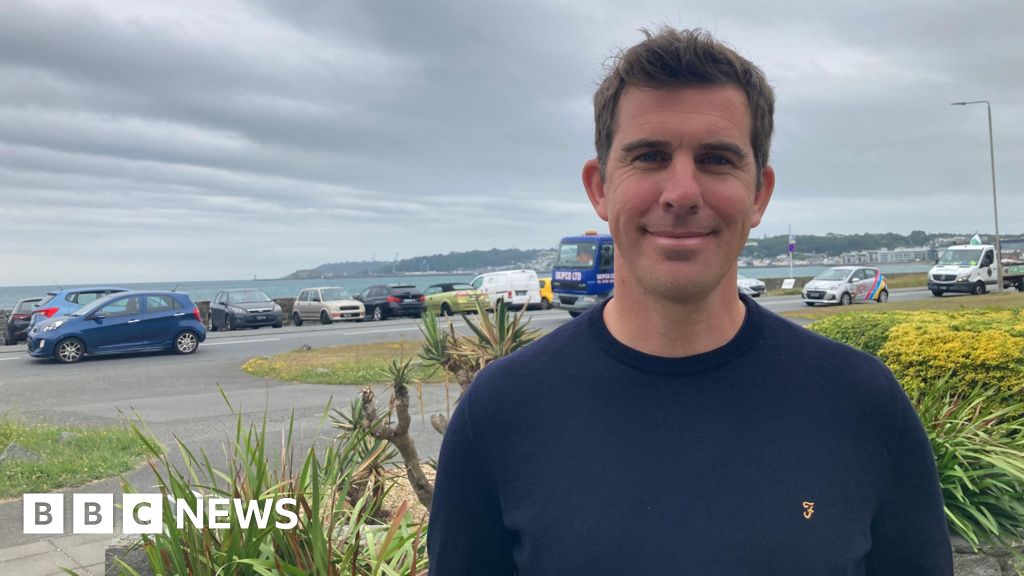ARTICLE AD BOX
Image source, Getty Images
BP has said that the fuel crisis caused by a shortage of HGV drivers is starting to ease.
The oil firm said long queues on its forecourts "appear to be stabilising" and that it is starting to see a small rise in stock across its network.
BP was the first company to warn it had to close some petrol stations due to a shortage of drivers, which has worsened due to Covid and Brexit.
There are about 1,200 BP branded petrol stations around the UK.
About 300 of these sites are operated by BP themselves.
The UK has been grappling with a fuel crisis that has caused huge queues outside some petrol stations, and forced customers to drive round multiple sites in search of supplies.
BP said the situation had started to improve over the last few days, adding it was "working flat out" to keep sites across the country supplied.
While the government and retailers say there is enough fuel at UK refineries, a shortage of drivers has slowed the transport of fuel to petrol stations.
The haulage industry says an existing shortage of lorry drivers has been made worse by a number of factors, including the pandemic, Brexit, an ageing workforce, low wages and poor working conditions.
Speaking on the BBC's Today programme, policing minister Kit Malthouse said: "My latest briefing is that the situation is stabilising, that we are seeing more forecourts with a greater supply of fuel and hopefully that, as demand and supply come better into balance over the next few days, week or so, that we will see a return to normality."
He added that if the situation started to deteriorate again, Prime Minister Boris Johnson would review matters.
'Rapidly moving situation'
The BBC understands that demand at supermarkets Asda and Morrisons is also easing, continuing a trend seen throughout the week.
A Morrisons spokesperson said: "It is a rapidly moving situation and we are working hard with our suppliers to ensure we can continue to keep our pumps open and serve our customers."
Sainsbury's, which has more than 300 sites in total, said that it was still experiencing high demand for fuel.
"We're working closely with our supplier to maintain supply and all our sites continue to receive fuel," a spokesperson said.
Tesco added: "We have good availability of fuel, and we're working really hard to ensure regular deliveries to our petrol filling stations across the UK every day."
The firm operates 500 petrol stations, with another 200 managed by Esso with a Tesco Express store on-site.
An Esso spokesman told the BBC that a number of its Tesco Alliance sites were affected.
"The picture is constantly changing, but the situation at the 200 Esso Tesco Alliance sites is stabilising and continues to improve in terms of fuel availability," they said.
The Petrol Retailers Association (PRA), represents nearly 5,500 of the UK's 8,300 petrol stations
It said on Friday there had been little change for its members who are independent fuel retailers.
Its survey of 1,100 sites across the UK found that 26% had neither petrol nor diesel in stock, down slightly from 27% on Thursday.
Gordon Balmer, its executive director, said: "Whilst the situation is similar to recent days, there are signs it is improving, but far too slowly.
"Independents, which total 65% of the entire network, are not receiving enough deliveries of fuel compared with other sectors such as supermarkets."
Mr Balmer said he believed queues were likely until independent retailers started getting more frequent deliveries.
Driver hours extension
In an attempt to limit disruption, the government has confirmed that 5,000 fuel tanker and food lorry drivers can receive temporary UK visas, with the scheme ending on Christmas Eve.
A temporary relaxation on drivers' hours has also been extended until 31 October. This allows the daily driving limit to be increased from nine hours to 10 hours up to four times in a week.
A government spokesperson said it had taken "immediate action" to increase the supply of HGV drivers and relieve the pressure on petrol stations.
"We recognise the challenges facing industry and streamlined the testing process in July to boost the number of drivers," they said, adding that it was important people continued to buy fuel as normal.

 3 years ago
93
3 years ago
93








 English (US) ·
English (US) ·